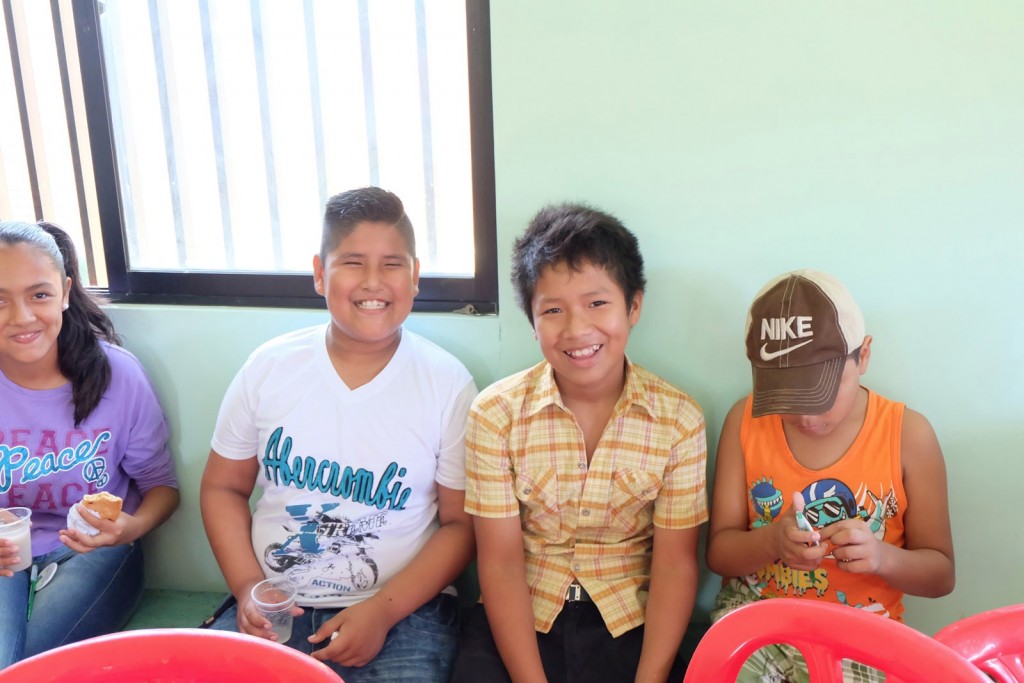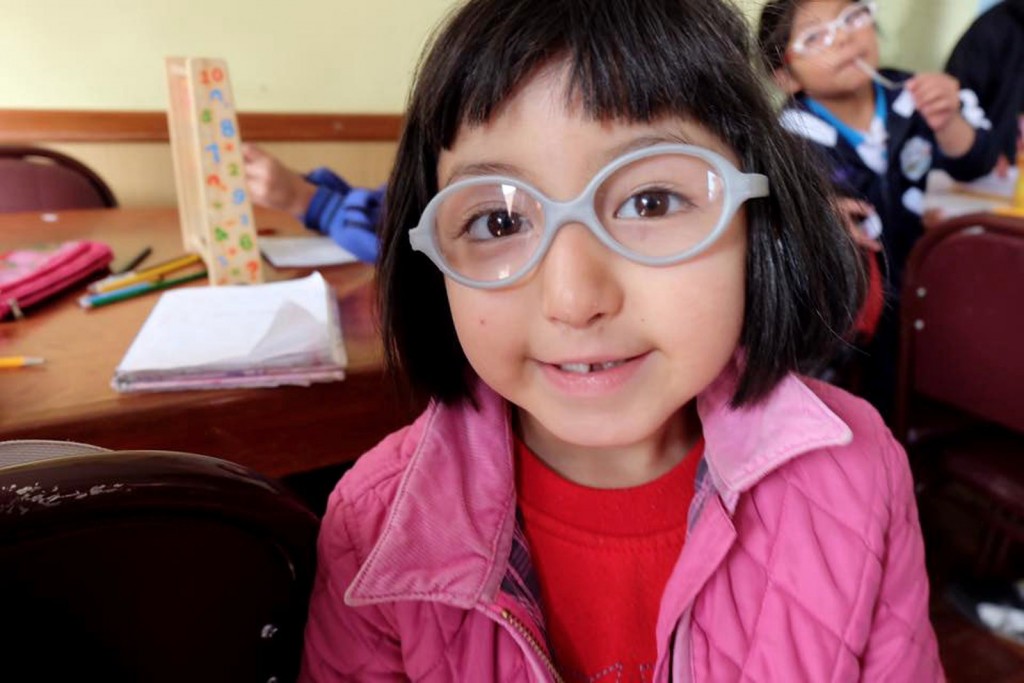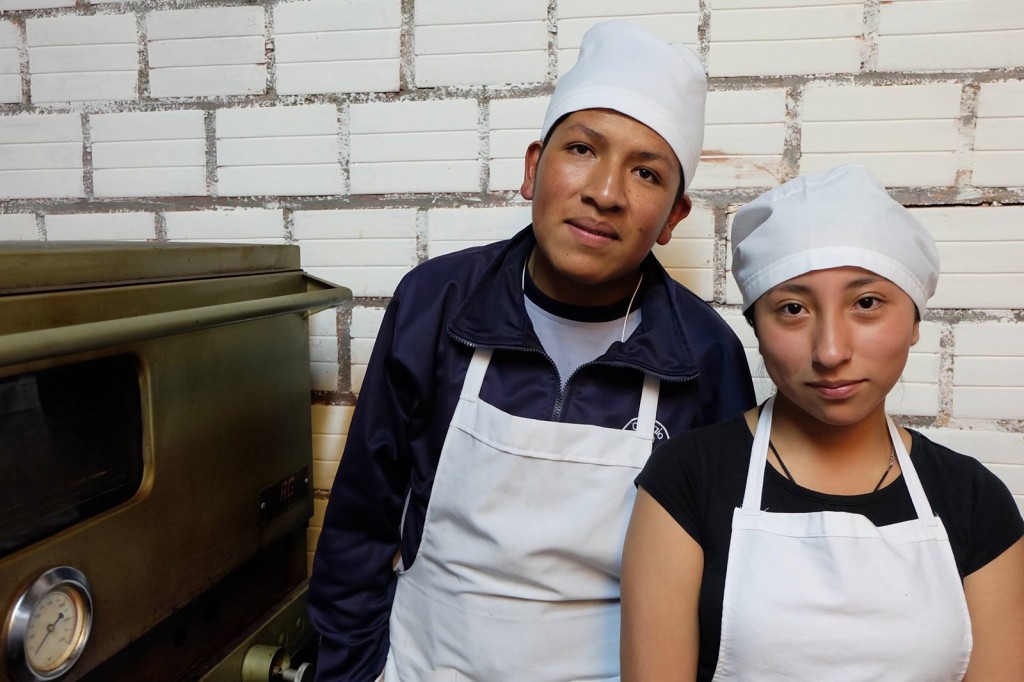facts about the Padilla School:
- Ages served: 6 – 13 years of age, though some children continue through high school.
- Facility description: A dated building including eight classrooms. Due to an increase in the student population over the years, the school is in great need of expansion and repair.
- Education: Children receive instruction in core academic subjects, as well as vocational training in such areas as crafts, computer literacy and carpentry.
- Academic year: Typically begins in early February and ends in early December. Students enjoy summer break from mid-December through the end of January and a break in July.
- Meals: The local government provides a small, free breakfast each day. Sponsorship funds at this project are used to help operate a soup kitchen where the children receive a nutritious lunch each day. At least once a week, children receive a food basket containing such basic staples as milk, eggs, cheese, produce and juice.
- Nutrition: Nutritional meals are provided at the school each day.
- Medical care: Medical and dental care is provided free of charge by the school at local hospitals and clinics since most parents are unable to afford this expense.
The small, landlocked nation of Bolivia comprises rugged Andes mountains and vast, high-altitude plateaus to the west (including a portion of Lake Titicaca, the largest high-altitude lake in the world) and lush, lowland plains of Amazon jungle to the east. Despite its wealth of natural beauty and resources, Bolivia bears the scars of centuries of conflict, beginning with the Spanish conquistadors and followed by almost 200 years of wars and internal military coups. Political and economic instability have brought about considerable poverty, resulting in widespread malnutrition, crime and disease.
One of the nation’s poorest regions, located about 100 miles southeast of Sucre, is the town of Padilla. Most residents must rely upon subsistence farming for survival. Illiteracy was also widespread here until 1962, when nuns of the Daughters of Mercy established the Padilla School. This school continues to serve as a safe haven where children receive nutritious meals and an education that empowers them to rise above the difficult circumstances in which they live.
Facts about Bolivia:
- Population: 11.51 million (2020)
- Languages Spoken: Spanish (official) 60.7%, Quechua (official) 21.2%, Aymara (official) 14.6%
- Unemployment Rate: 3.5% (2020)
- Poverty Rate: 34.6% (2020)



